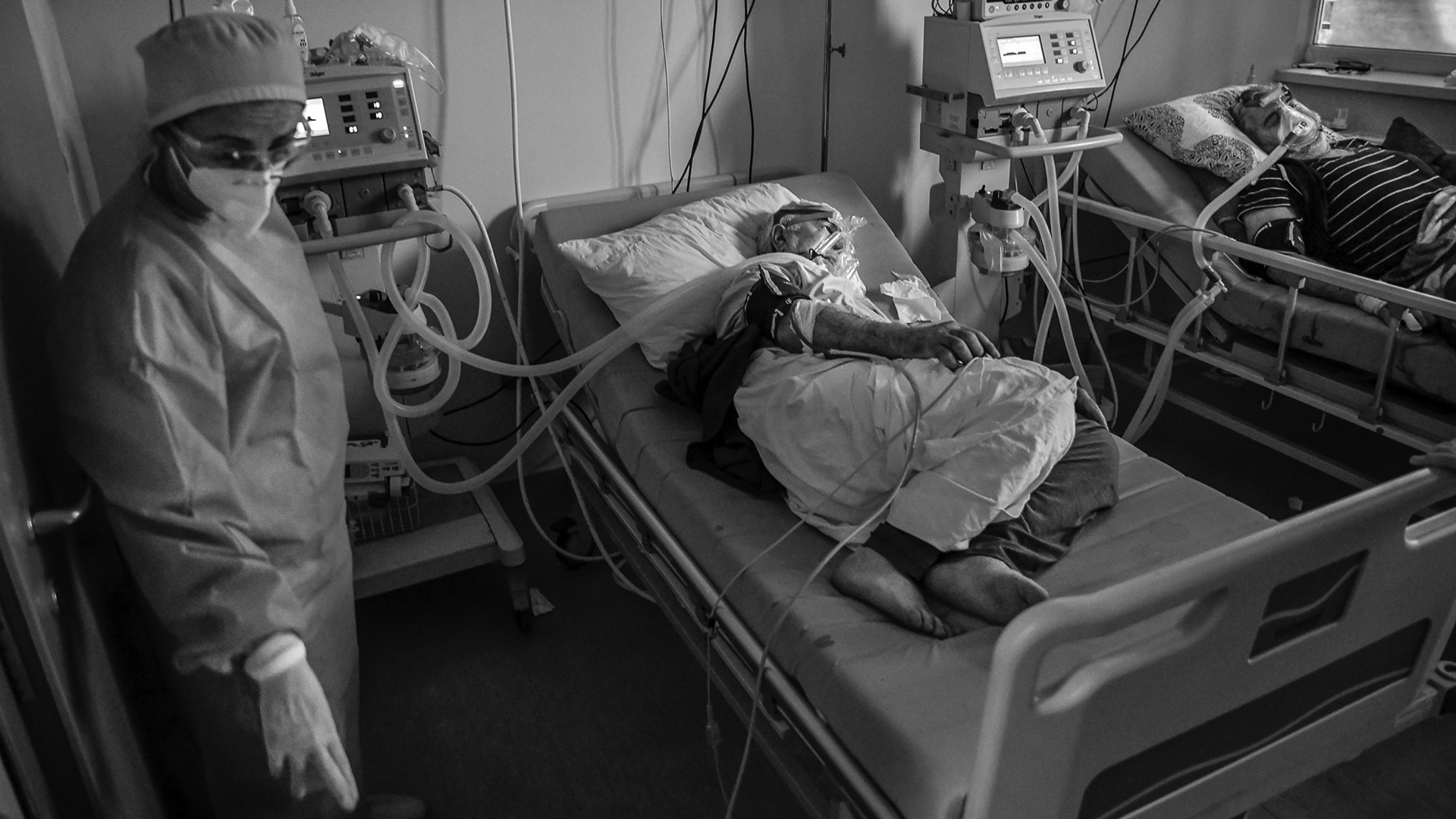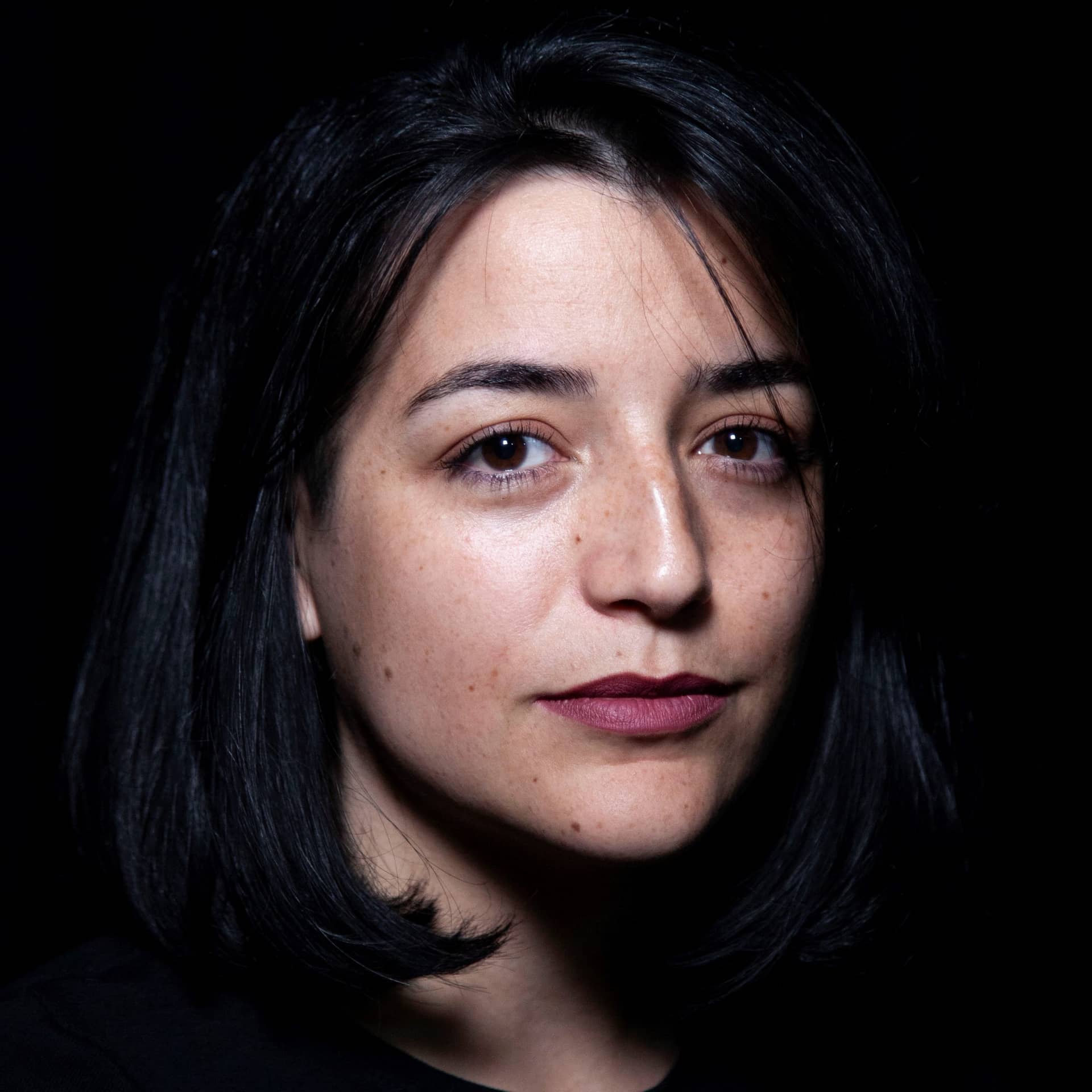
New Year's Resolution: Fighting Omicron
The new year looks grim for Kosovo’s battle with the pandemic.
Omicron invades immunity
The booster & third dose

Gentiana Paçarizi
Gentiana Paçarizi is managing editor at K2.0. She has completed a master’s degree in Journalism and Public Relations at the University of Prishtina ‘Hasan Prishtina’.
This story was originally written in Albanian.